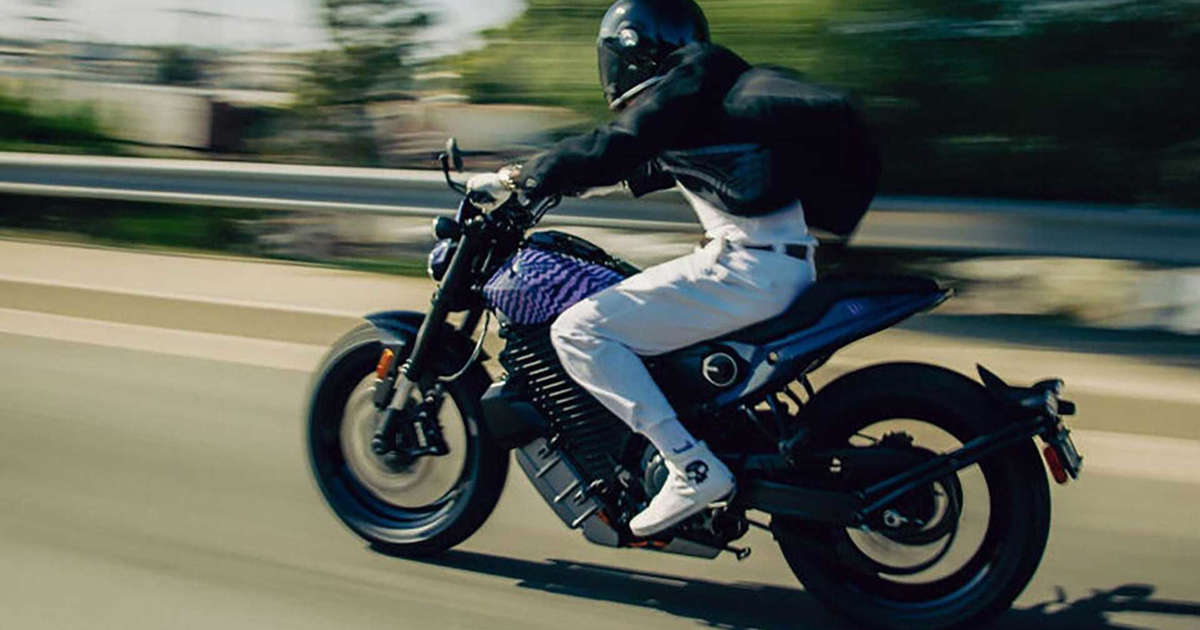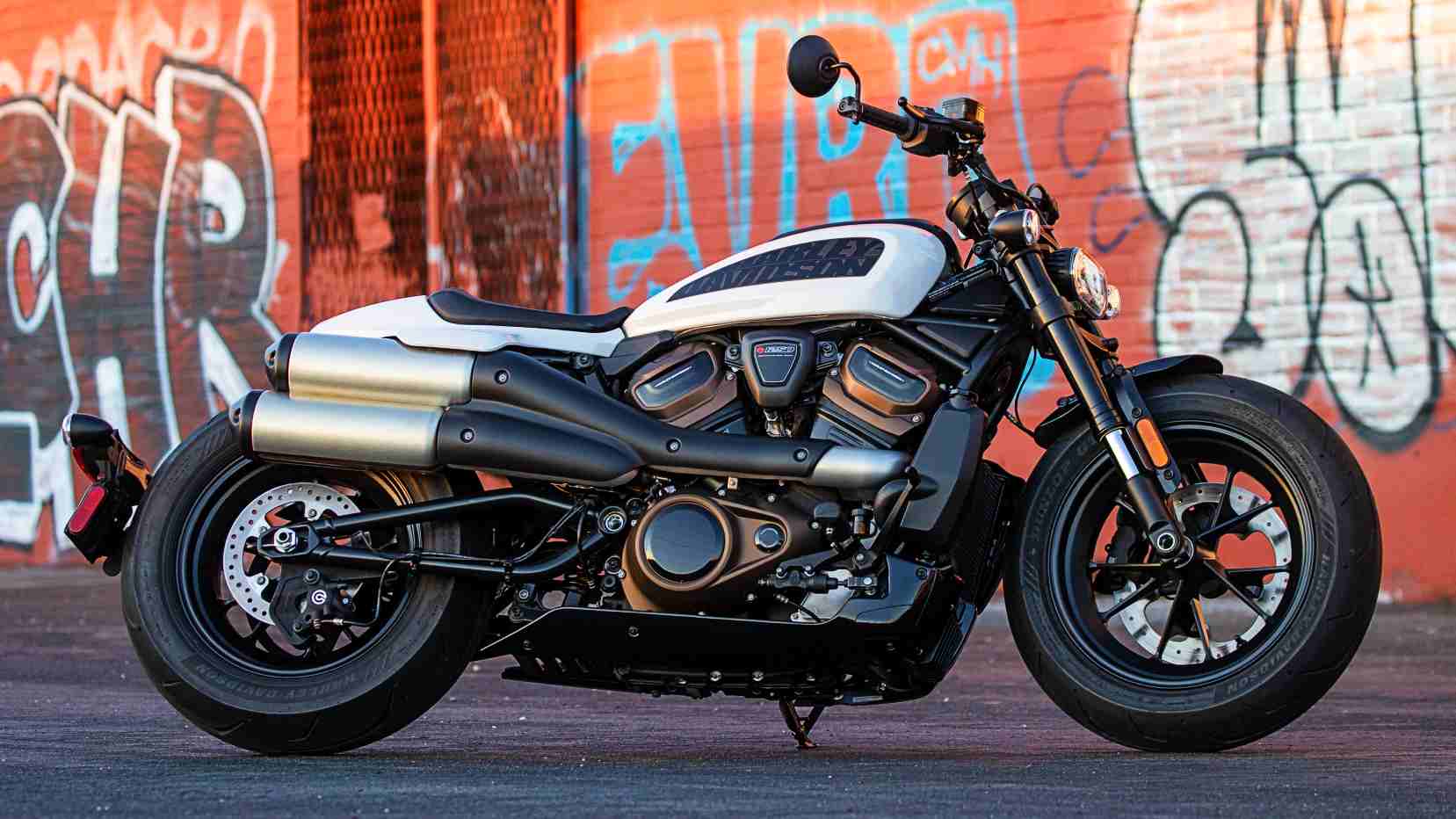
Harley remains optimistic as investors run for the hills.
Ever since Harley-Davidson launched the LiveWire in 2019, the electric motorcycle has struggled to find an audience. The LiveWire’s $29,799 MSRP may have scared off many would-be adopters, but the Motor Company dropped the model’s price to $21,999 when it spun off the nameplate into its own brand. Yes, LiveWire sold out its S2 Del Mar Launch Edition in just 18 minutes, but that’s a less impressive feat when considering its ultra-limited 100-unit run.
In order to draw more investors to the electric offshoot, LiveWire went public on the New York Stock Exchange (NYSE) after merging with special purpose acquisition company (SPAC) AEA-Bridges Impact Corp. on September 27, 2022. Following the deal, AEA-Bridges investors redeemed nearly $370M of the SPAC’s original $400M investment. Additionally, the LiveWire offering only garnered $294M in cash proceeds compared to its initial $545M projection.
Harley originally planned to retain 74 percent ownership of LiveWire, but the MoCo now owns nearly 90 percent of LiveWire (LVWR) shares. On top of the $100M that H-D already committed to LiveWire, the investment withdrawals forced the company to siphon $100M more into the project.
While the news sounds dire from the outside, this investment-withdrawal pattern has become standard practice for SPACs. Some founders prefer a SPAC to a conventional initial public offering (IPO) because they bypass the standard IPO process, allowing companies to make projections and communicate with the public. However, SPACs have seen a sharp decline after reaching their peak in March, 2021.
Market volatility and U.S. Securities and Exchange Commission (SEC) regulation have only stifled the SPAC trend further. According to the Wall Street Journal, SPAC withdrawal rates average more than 80 percent in 2022. Still, Harley-Davidson stands by its all-electric subsidiary.
“If you look at other motorcycle manufacturers they’re sort of dancing around the discussion, like a lot of autos danced around that discussion when Tesla was winning,” claimed Harley-Davidson CEO Jochen Zeitz. “I’d rather take the lead and I think we have a unique opportunity, which is always [riskier] if you’re the first.”
While Zeitz’s comments are true, it’s also true that LiveWire still hasn’t nailed down its audience. Until that happens, attracting—and retaining—investors will prove challenging.





